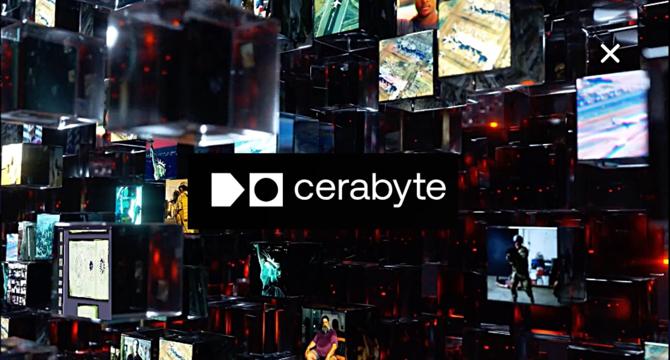Tech Radar
2d
257

Image Credit: Tech Radar
Ceramic-based startup wants to put more than 100,000TB in a 42U rack by 2030 — but it will take almost 50 years to fill it up
- Munich-based startup Cerabyte aims to revolutionize archival data storage with ceramic-based technology that could hold more than 100 petabytes of data by 2030.
- The company plans to use femtosecond lasers to etch data onto ceramic layers within glass tablets, but practical constraints may delay widespread implementation for decades.
- Initial systems are expected to deliver slower performance than tape storage, but Cerabyte anticipates rapid scaling by 2030 to achieve 100-plus petabytes in a single rack.
- Cerabyte's long-term ambitions involve speculative technologies like helium ion beam writing, but the feasibility of achieving capacities up to 100,000 petabytes in a single rack remains uncertain at this time.
Read Full Article
15 Likes
For uninterrupted reading, download the app